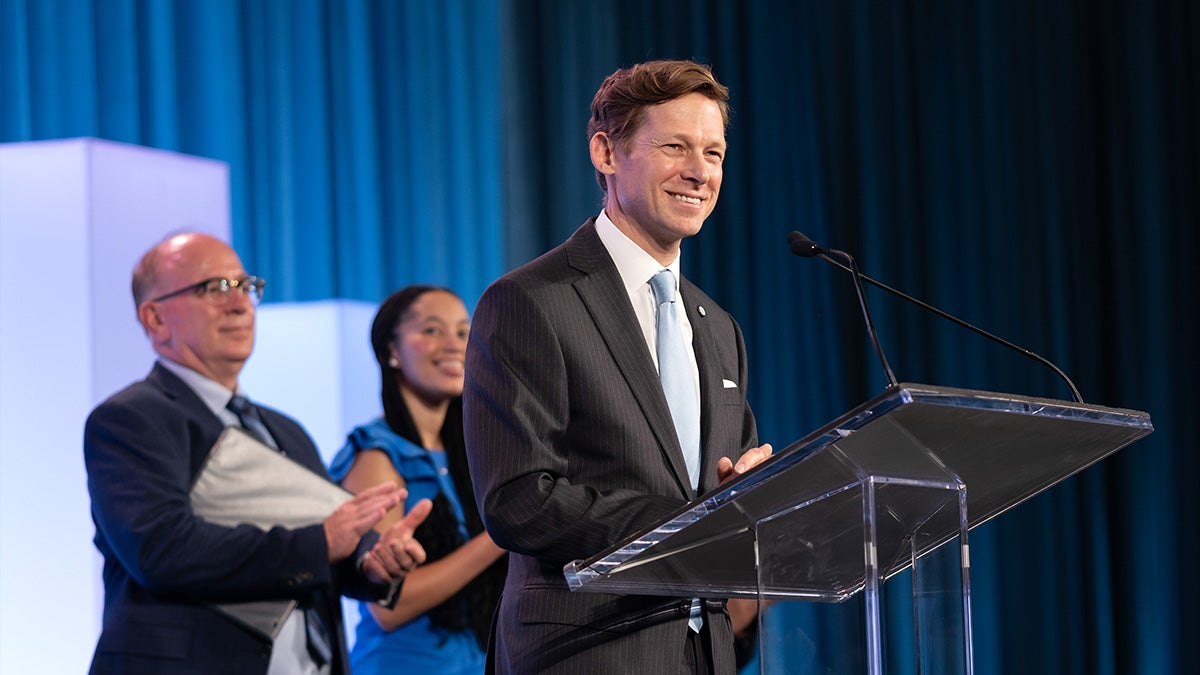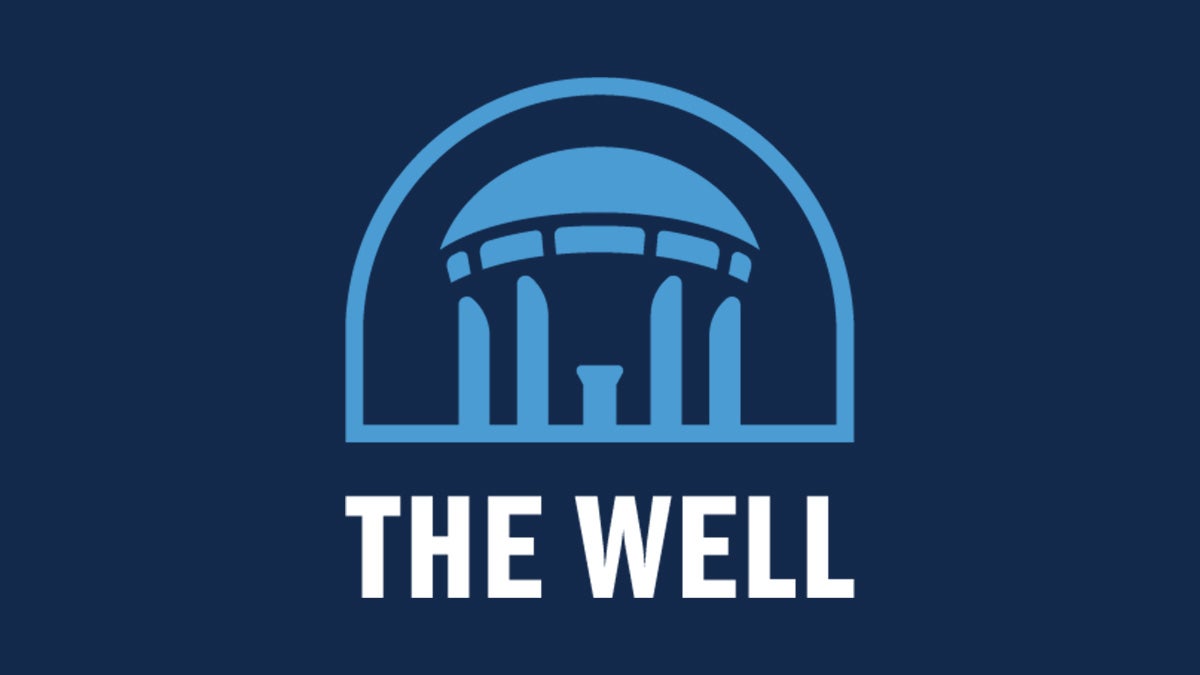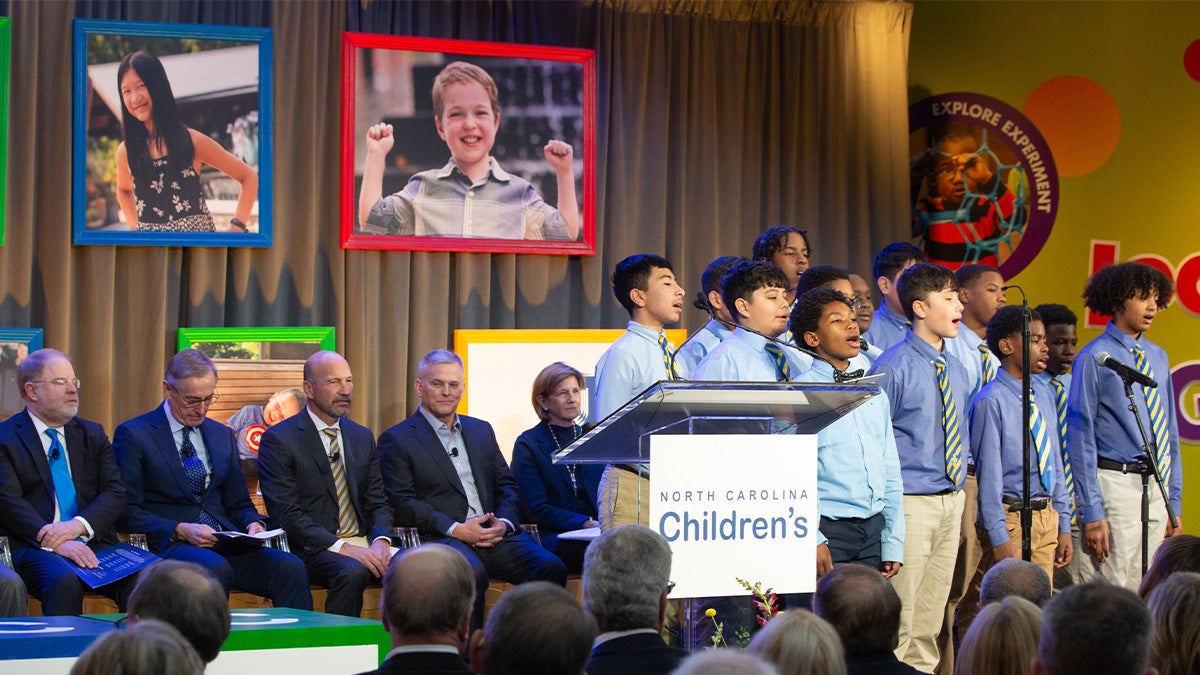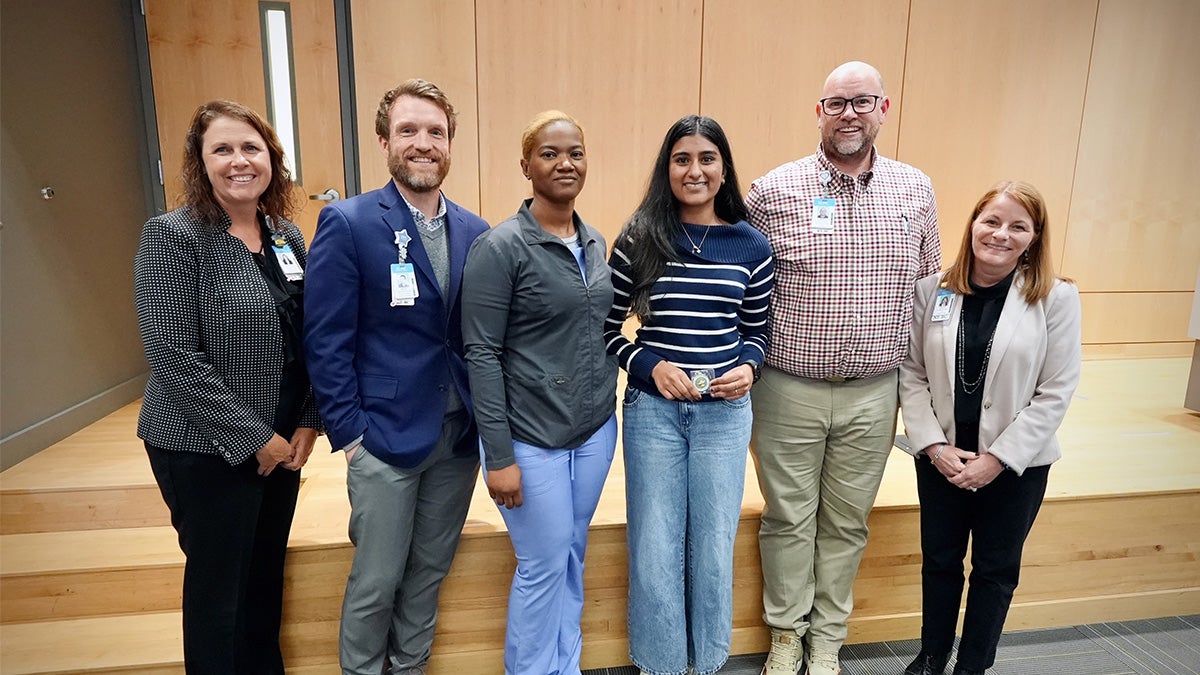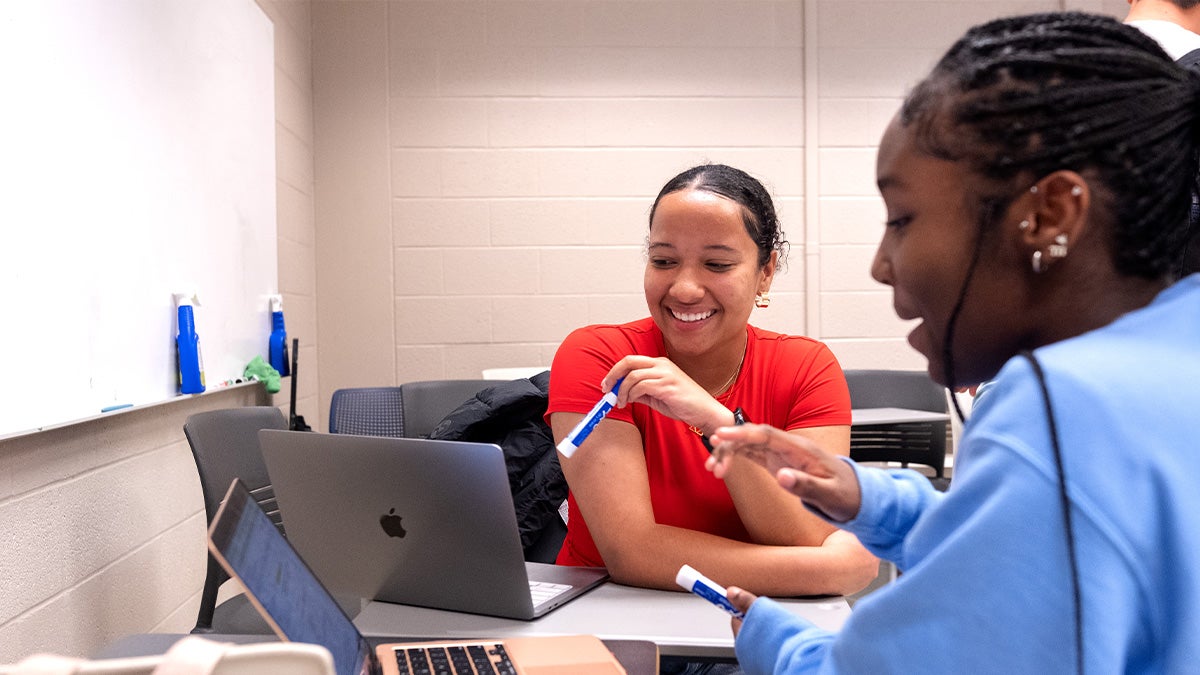Three with Lee
Chancellor Lee H. Roberts answers questions about international student visas, federal funding and Carolina’s budget.

As part of a series in The Well, Chancellor Lee H. Roberts addresses three topics of importance to the Carolina community.
Q: There’s been a lot of conversation across the higher education space about the safety of international students at various campuses. Can you talk about how the University is working to protect our international students?
A: First, it’s important to know that the University did not initiate these terminations nor were we notified by the federal government. We are actively monitoring the Student and Exchange Visitor Information System (SEVIS), and if we learn that an international student or scholar’s SEVIS record has been terminated, then a member of International Student and Scholars Services will contact the student or scholar directly with guidance, and they will notify others on campus who play an important role in supporting students and scholars.
There’s no higher value as an institution than to keep our students safe, and that’s all our students. Our international students make up 10% of our student body. They are crucial to the health, well-being and success of the Carolina community. We want them to feel supported, welcomed and encouraged. They’re important to Carolina and have been for a long time.
We are deeply sympathetic to the unpredictability, upheaval and strain that this is causing our international students and scholars. My wife Liza and I lived abroad for seven years with two small children. I don’t know what we would have done if that situation had been suddenly disrupted, or we didn’t have the resources to react quickly. Our international students and scholars are facing high levels of uncertainty around their immigration status, and this is incredibly challenging. Nonetheless, ISSS and our Dean of Students office are working diligently to support our international students and scholars.
ISSS communicates frequently with our students and scholars about regulatory changes and how they can maintain their immigration status. Students and scholars should reach out to ISSS directly with any questions or concerns. The Dean of Students can advise, answer questions and provide health, well-being, legal and other resources or referrals for students.
Q: Last month we spoke about how the University is addressing the federal funding of research, and how several executive orders will affect higher education institutions. Are there any updates on that front?
A: This is a rapidly changing situation, and we are responding to it as quickly as we can. Our priority is to advocate for the University, for our mission of service to the people of North Carolina and for our federal research funding. I’m continuing to work with our UNC System Office, other UNC System schools, the Association of Public and Land-Grant Universities and the Association of American Universities to share the broad scope of impact our research has on the livelihood of people in North Carolina and beyond. I, along with our federal affairs team and Vice Chancellor Penny Gordon-Larsen, have been meeting with members of Congress and federal affairs administrative units to advocate for Carolina.
I obviously can’t promise what the outcome will be in this situation, but I find it encouraging that there is a broad understanding of the importance of federal research funding. This goes beyond Carolina and our mission to the discovery of cures, and the advances in human knowledge and health. Research funding creates and supports thousands of jobs, both directly and indirectly. We will continue to share the good news that is Carolina research.
Q: The Fiscal Year 2025-2026 budget was recently approved by the UNC-Chapel Hill Board of Trustees, with a proposal for the administration to sequester $50 million to offset the potential impact of possible federal funding reductions. Can you elaborate why this is needed, and how we balance making budget reductions while increasing enrollment and investing in other growth priorities?
A: The University, like many of our research university peers across the nation, is facing significant financial uncertainty. Federal funding is looking unpredictable, and we are seeing minimal revenue growth from the state funding environment. Through careful assessment of various financial scenarios, it’s clear that we need to prepare for potential budget constraints. Vice Chancellor for Finance and Operations Nate Knuffman and his team are introducing proactive measures to help our campus weather these outside financial pressures, and I’m pleased with their forward-looking approach.
Above all, we are committed to moving the University forward. We want to ensure we prioritize strategic priorities that further our mission, advance the University and ensure long-term financial stability. While there may be budget reduction measures on the horizon, we will approach any necessary changes thoughtfully. We remain fully committed to our faculty, staff and students, while striving to deliver our core mission as efficiently and effectively as possible.

